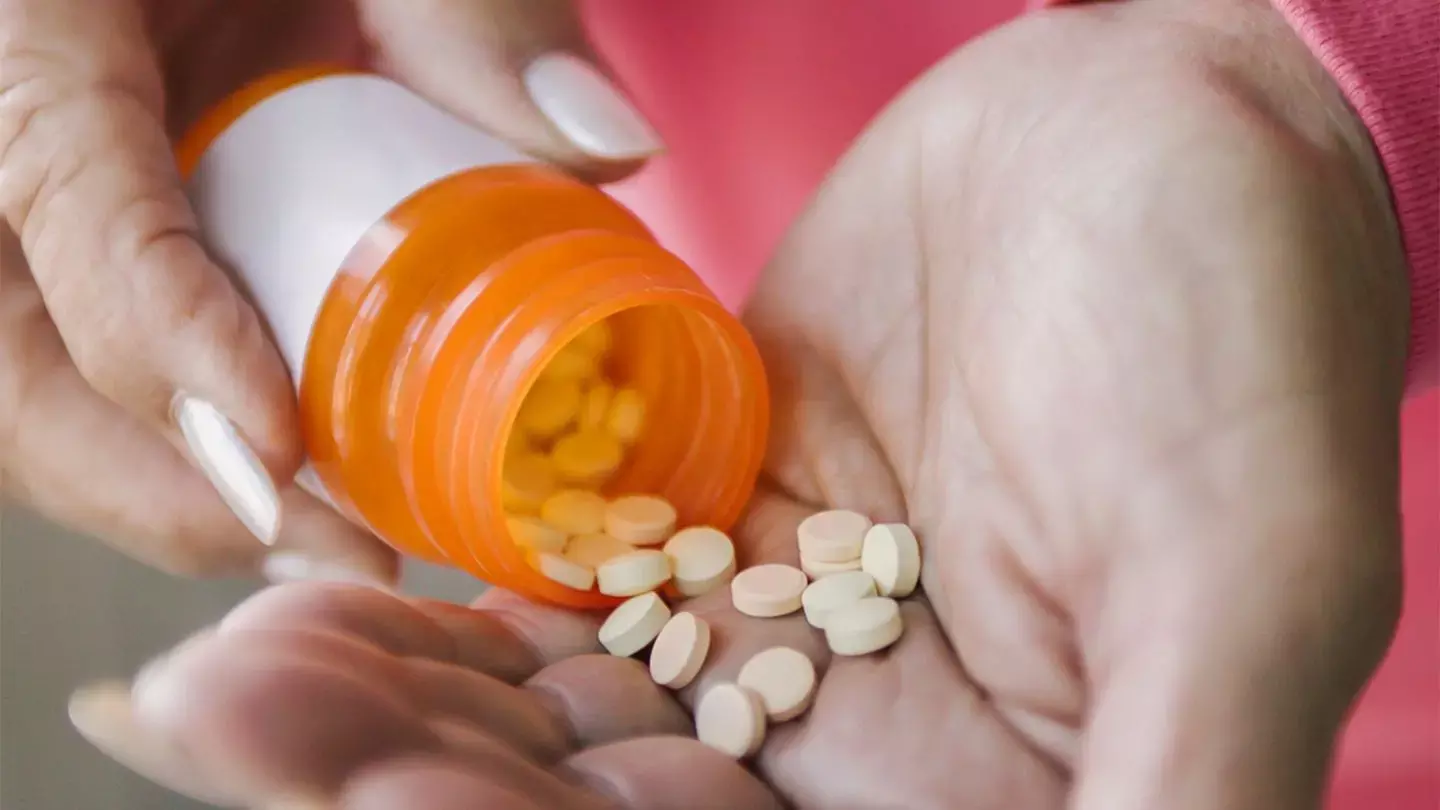- Home
- Medical news & Guidelines
- Anesthesiology
- Cardiology and CTVS
- Critical Care
- Dentistry
- Dermatology
- Diabetes and Endocrinology
- ENT
- Gastroenterology
- Medicine
- Nephrology
- Neurology
- Obstretics-Gynaecology
- Oncology
- Ophthalmology
- Orthopaedics
- Pediatrics-Neonatology
- Psychiatry
- Pulmonology
- Radiology
- Surgery
- Urology
- Laboratory Medicine
- Diet
- Nursing
- Paramedical
- Physiotherapy
- Health news
- Fact Check
- Bone Health Fact Check
- Brain Health Fact Check
- Cancer Related Fact Check
- Child Care Fact Check
- Dental and oral health fact check
- Diabetes and metabolic health fact check
- Diet and Nutrition Fact Check
- Eye and ENT Care Fact Check
- Fitness fact check
- Gut health fact check
- Heart health fact check
- Kidney health fact check
- Medical education fact check
- Men's health fact check
- Respiratory fact check
- Skin and hair care fact check
- Vaccine and Immunization fact check
- Women's health fact check
- AYUSH
- State News
- Andaman and Nicobar Islands
- Andhra Pradesh
- Arunachal Pradesh
- Assam
- Bihar
- Chandigarh
- Chattisgarh
- Dadra and Nagar Haveli
- Daman and Diu
- Delhi
- Goa
- Gujarat
- Haryana
- Himachal Pradesh
- Jammu & Kashmir
- Jharkhand
- Karnataka
- Kerala
- Ladakh
- Lakshadweep
- Madhya Pradesh
- Maharashtra
- Manipur
- Meghalaya
- Mizoram
- Nagaland
- Odisha
- Puducherry
- Punjab
- Rajasthan
- Sikkim
- Tamil Nadu
- Telangana
- Tripura
- Uttar Pradesh
- Uttrakhand
- West Bengal
- Medical Education
- Industry
Pegloticase and Methotrexate cotherapy scores over Pegloticase monotherapy inTreatment of gout

A recent study published in the ACR Open Rheumatology assessed the 12-month outcomes of pegloticase combined with methotrexate (MTX) versus pegloticase with a placebo (PBO) in a double-blind trial and found the novel treatment regimen to show remarkable safety and efficacy.
The trial enrolled patients with uncontrolled gout, characterized by a serum urate level (SU) of ≥7 mg/dl, a history of oral urate-lowering therapy failure or intolerance, and the presence of one or more gout symptoms (such as tophi or gouty arthropathy). Participants were randomized 2:1 to receive either pegloticase (administered via an 8-mg infusion every two weeks) alongside blinded MTX (oral 15 mg/week) or a placebo for 52 weeks. Efficacy was gauged by several endpoints, including the proportion of responders, resolution of tophi, mean SU reduction, and the duration of pegloticase therapy. Safety was closely monitored through adverse event reporting and laboratory assessments.
The most striking finding of the study was the significantly higher response rate at month 12 in patients treated with the pegloticase and MTX combination (60.0% vs. 30.8% in the placebo group). Moreover, the pegloticase plus MTX group experienced substantially fewer SU discontinuations (22.9% vs. 63.3% in the placebo group). Tophi resolution was also notably more pronounced in the MTX group, with 53.8% achieving complete resolution at week 52 compared to 31.0% in the placebo group. Importantly, the therapeutic benefits of this combined treatment persisted beyond month 6.
The study also demonstrated that pegloticase's exposure and immunogenicity were enhanced when administered alongside MTX, with a comparable safety profile. Notably, no infusion reactions were observed after the 24-week mark.
This breakthrough could significantly improve the quality of life for countless individuals battling this painful condition, heralding a new era in gout management. Further research and clinical trials will likely build upon these exciting results, paving the way for more effective treatments for gout patients in the future.
Reference:
Botson, J. K., Saag, K., Peterson, J., Obermeyer, K., Xin, Y., LaMoreaux, B., Padnick‐Silver, L., Verma, S., Grewal, S., Majjhoo, A., Tesser, J. R. P., & Weinblatt, M. E. (2023). A Randomized, Double‐Blind, Placebo‐Controlled Multicenter Efficacy and Safety Study of Methotrexate to Increase Response Rates in Patients With Uncontrolled Gout Receiving Pegloticase: 12‐Month Findings. In ACR Open Rheumatology (Vol. 5, Issue 8, pp. 407–418). Wiley. https://doi.org/10.1002/acr2.11578
Neuroscience Masters graduate
Jacinthlyn Sylvia, a Neuroscience Master's graduate from Chennai has worked extensively in deciphering the neurobiology of cognition and motor control in aging. She also has spread-out exposure to Neurosurgery from her Bachelor’s. She is currently involved in active Neuro-Oncology research. She is an upcoming neuroscientist with a fiery passion for writing. Her news cover at Medical Dialogues feature recent discoveries and updates from the healthcare and biomedical research fields. She can be reached at editorial@medicaldialogues.in
Dr Kamal Kant Kohli-MBBS, DTCD- a chest specialist with more than 30 years of practice and a flair for writing clinical articles, Dr Kamal Kant Kohli joined Medical Dialogues as a Chief Editor of Medical News. Besides writing articles, as an editor, he proofreads and verifies all the medical content published on Medical Dialogues including those coming from journals, studies,medical conferences,guidelines etc. Email: drkohli@medicaldialogues.in. Contact no. 011-43720751


